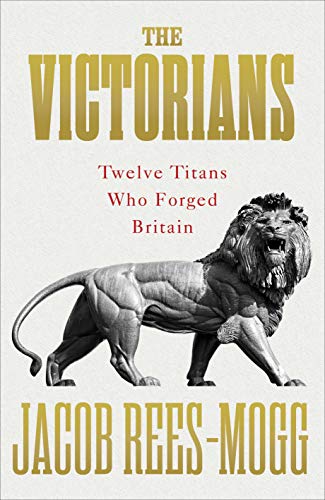The Victorians: Twelve Titans Who Forged Britain
Much of the criticism of The Victorians is based on a misapprehension. Serious historians have reviewed it as if it were a serious history book. It is not. Essentially this is a man in a pub (or in Rees-Mogg’s case, rather a fine drawing room) telling everybody how things were much better in the old days. Like most men in pubs, he illustrates his prejudices with a careful selection of factoids (some doubtfully authentic and some just plain wrong) which you are expected to take his word for. This is a book with no footnotes, no proper references (just a three-page bibliography of secondary sources) and no index. Much of it was dictated (possibly accounting for the odd mistype, like “Pontius Pilot”, which many reviewers have picked up on) with no evidence of any original research. It takes twelve arbitrary Victorians (WG Grace is included because his son is a fan) and briefly sums up their lives. Each shows the importance of hard work, duty, religiosity and patriotism. Collectively they illustrate that Britain was just better under the Victorians and that if only we could rid ourselves of moral relativism, political correctness, and a desire for leisure rather than a commitment to work, then we could regain “the inner belief and self-confidence” that made the Victorians great and thus “reinvigorate a failing nation”.
The introduction is worth reading, because its jumble of half-truths and simple nonsense gives a terrifying insight into Rees-Mogg’s mind. The book is not a serious history, but a manifesto for those elements of the Conservative Party who honestly believe that a return to the values of the 19th century (Free Trade, Empire, patriotism and God) can save the country. If you are in the target audience, you will enjoy this book. Otherwise you are best giving it a miss.










